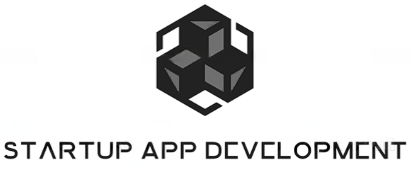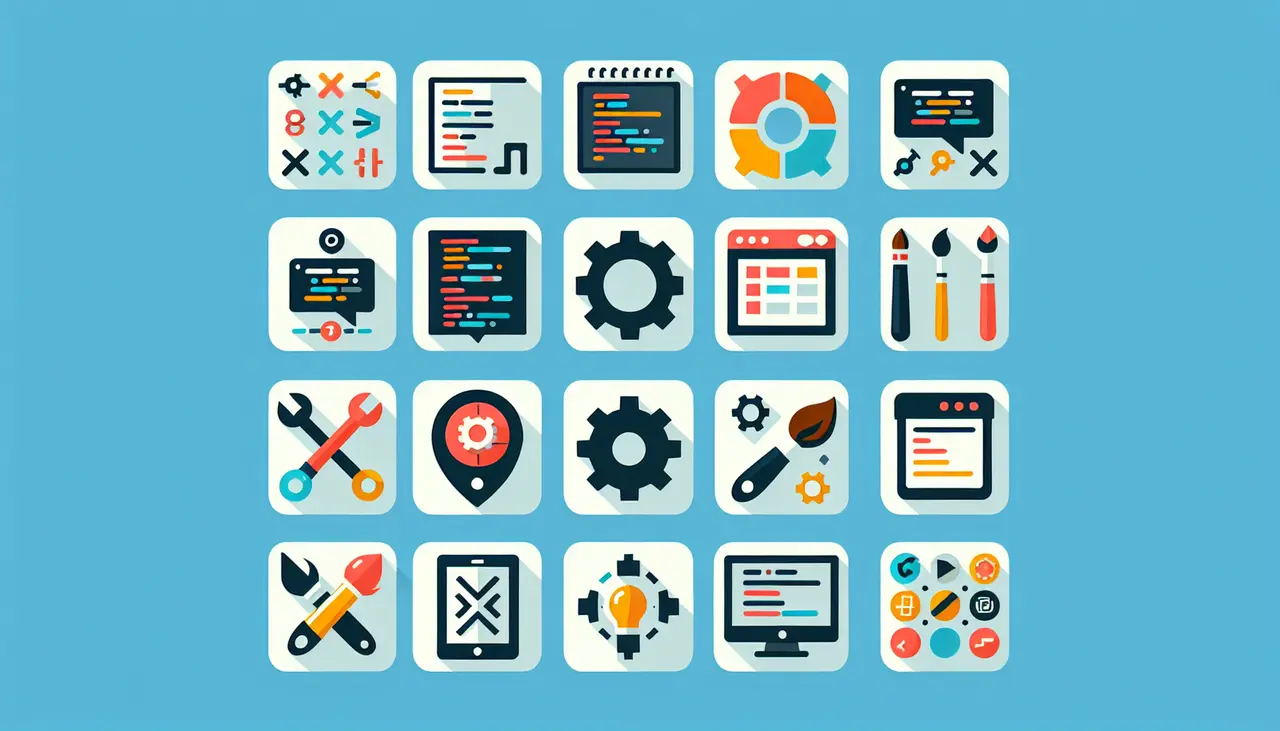Hiring a developer for your startup is a pivotal move that could determine the trajectory of your business. Making the right choice involves considering various factors that influence both the short and long-term success of your project. Here’s a list of essential questions to guide you in making an informed decision.
1. Understanding Their Technical Expertise
Before jumping into the hiring process, initiate a probing conversation about their core technical skills. Dive deep into understanding their proficiency with various programming languages, platforms, and technologies. For instance, if your project is heavily reliant on mobile app development, it might be beneficial to ask them whether they have experience with cross-platform technologies like React Native. This knowledge is crucial in ensuring that their technical prowess aligns harmoniously with the specific needs of your startup.
Moreover, inquire if they keep up-to-date with the latest technological advancements. Ask them how they incorporate new technologies into their projects. This question not only tests their technical savvy but also gives you insight into their adaptability and commitment to lifelong learning. It’s essential for a developer to stay current with emerging tools and frameworks, ensuring your startup remains competitive in the ever-evolving tech landscape.
2. Gauging Their Problem-Solving Abilities
A startup environment is dynamic and often unpredictable, making a developer’s problem-solving capabilities paramount. Delve into discussions about past experiences where they faced significant technical challenges and the strategies they employed to overcome them. Their ability to tackle unforeseen issues creatively and efficiently speaks volumes about their potential fit for your team.
Request them to provide examples that showcase their resourcefulness and innovation in previous projects. How have they handled a project’s pivot or technology change? Their responses can offer valuable insights into their ability to adapt, a critical skill in a fast-paced startup setting, where flexibility and quick thinking are often key to success.
3. Assessing Cultural Compatibility
Cultural fit is just as important as technical skill in creating a productive and enjoyable working environment. Query potential hires about their preferred work style and the organizational cultures where they have thrived. Do they align with your startup’s values and ethos? This alignment is critical as it directly impacts team dynamics and work satisfaction, fostering a harmonious success-driven atmosphere.
4. Exploring Their Communication Skills
Communication forms the backbone of any successful project, particularly for startups aiming to innovate and grow rapidly. When interacting with potential developers, closely observe how they articulate complex technical information. Do they simplify without losing meaning? Such clarity and transparency are vital for smooth collaboration, ensuring everyone in the team remains informed and aligned with project goals.
Furthermore, understanding their approach to feedback and discussion can reveal much about their capability to foster open, constructive dialogues—a trait that encourages team cohesion and invites diversified ideas, essential for creative problem-solving.
5. Learning About Their Work Ethic
The demands of startup life require developers to be not just skilled, but also disciplined and dedicated. Investigating their approach to work ethics offers a peek into how dependable they might be under pressure. Do they maintain high standards consistently? How do they handle tight deadlines and multiple responsibilities? This insight helps assess their potential resilience and commitment.
A developer who embodies a strong work ethic can seamlessly integrate into your startup’s pace, prioritizing tasks effectively, and continuously striving for excellence. It’s this dedication that often transforms an abstract vision into a tangible product that delivers real value.
6. Evaluating Their Experience with Startups
In startup settings, experience with similar fast-paced environments can offer a significant advantage. When interviewing developers, emphasize uncovering experiences that denote an understanding of startup challenges and the unique demands that come with it. Developers who have navigated the turbulent waters of startups before are more likely to adapt quickly and bring added value to your project.
Inquire about their prior engagements with other startups and how they contributed to those environments. Did they witness and manage rapid growth? Their reflections can illuminate their ability to scale projects, a critical component when your startup begins to evolve and expand.
7. Considering Their Portfolio
A developer’s portfolio acts as a visual testament to their skills and artistry. By meticulously reviewing the projects they’ve completed in the past, you can gauge the diversity of their skills and their ability to align with your creative vision. Pay attention to the type of design and functionality choices they have made and see if these align with your desired outcomes for your startup.
8. Inquiring About Their Availability
Clearing the question of availability early in the conversation helps prevent future scheduling conflicts. Ensure they have a flexible schedule that can adjust to the ebbs and flow of your startup’s timeline, particularly during key project phases. It’s vital for them to commit necessary time and resources to meet project milestones promptly, reflecting their dedication and availability to see your vision through.
9. Understanding Their Lifelong Learning Commitment
The rapid pace of technological development means staying abreast with current trends is non-negotiable for any developer. Find out about their commitment to ongoing learning. Are they actively engaged in upskilling through courses, workshops, or contributing to open-source projects? Their willingness to learn demonstrates a readiness to incorporate emerging trends into your project, future-proofing your startup in the process.
10. Clarifying Their Pricing and Payment Structure
Being upfront about financial expectations and agreements can thwart any potential misunderstandings down the line. Discuss their fees, billing methods, and flexibility in payment terms candidly. Having a clear picture of their pricing structure ensures compatibility with your budgetary constraints and facilitates a transparent relationship.
11. Exploring Their Teamwork Capabilities
Teamwork is the essence of success in any collaborative endeavor. During discussions, seek out insights into their experience working in diverse team settings. Comfortability with collaboration not only enhances productivity but also enriches problem-solving efforts. They should be adaptable, eagerly sharing knowledge, which is essential for driving mutual success within startup ecosystems.
12. Investigating Their Project Management Skills
Effective project management is the backbone of turning ideas into successful products. Determine whether the developer holds skills in organizing tasks and managing timelines effectively. Developers integrating Agile methodologies or Scrum techniques can propel projects forward with efficiency, safeguarding against unnecessary delays and ensuring a streamlined workflow from inception to completion.


